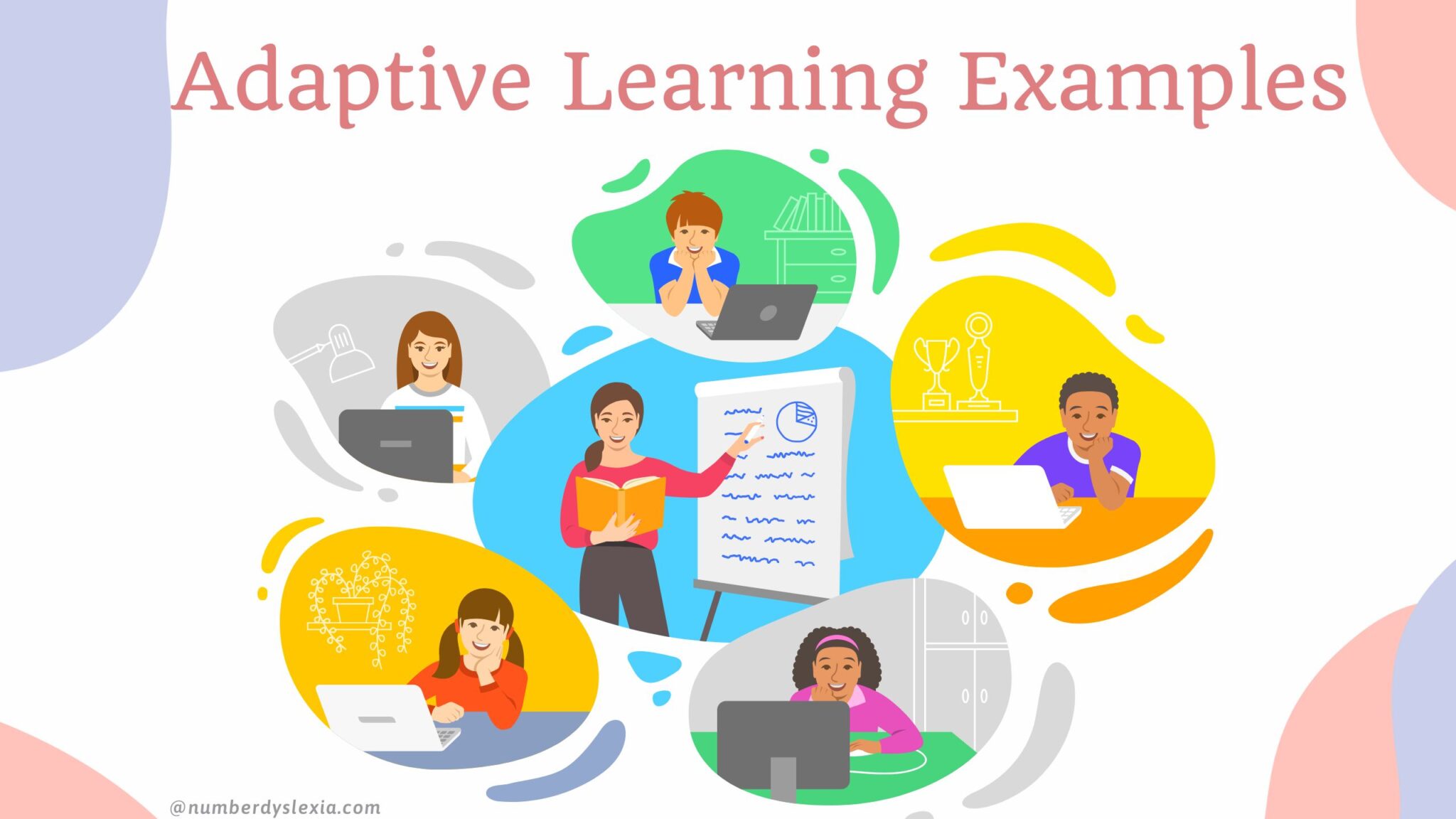Career Longevity in Tech: The Essential Quality for Consistent Growth
Career longevity in tech: the essential quality for consistent growth
The technology landscape shifts at breakneck speed. Programming languages rise and fall in popularity. Frameworks come and go. Hardware capabilities double approximately every two years. In this constant state of flux, what single quality separate professionals who enjoy consistent career growth from those who stagnate?
The answer might surprise you:
Adaptability
Stand as the cornerstone quality for ensure consistent career growth in the computer field.
Why adaptability reign supreme in tech
Adaptability encompass more than precisely learn new technologies. It represents a mindset — an approach to your career that embrace change instead than resist it. The virtually successful tech professionals view industry evolution not as a threat but as an opportunity for growth.
Consider the careers of programmers who begin code in the 1990s. Those who obstinately cling to languages like COBOL or FORTRAN while refuse to learn object orient programming find themselves progressively marginalize. Meantime, those who embrace new paradigms, languages, and methodologies continue to thrive.
The components of true adaptability
Adaptability in the computer field consist of several interconnect elements:
1. Continuous learning
The foundation of adaptability is a commitment to lifelong learning. This doesn’t mean chase every new technology that appear on the horizon. Instead, it involves:
- Develop a learning system that work for you
- Allocate regular time for skill development
- Build a broad knowledge base while maintain depth in key areas
- Recognize when to invest in learn new technologies
Professionals who thrive make learn a non-negotiable part of their routine. They read technical blogs, take courses, build side projects, and participate in communities where knowledge sharing happen organically.
2. Comfort with discomfort
Growth happen at the edge of your comfort zone. Adaptable professionals volitionally step into unfamiliar territory, know that initial discomfort lead to expand capabilities.
This might mean:
- Volunteer for projects that require skills you haven’t full master
- Embrace the beginner’s mindset repeatedly throughout your career
- See mistakes as valuable learn opportunities instead than failures
- Ask questions without fear of appear uninformed
3. Pattern recognition
Sincerely adaptable professionals develop the ability to recognize patterns across different technologies and paradigms. This skill allow them to transfer knowledge expeditiously when learn something new.
For example, someone who understand object orient programming principles can more rapidly grasp new OOP languages. A professional who understand distribute systems concepts can apply that knowledge across different cloud platforms.
4. Strategic skill development
Kinda than indiscriminately accumulate skills, adaptable professionals think strategically about their skill portfolio. They consider:
- Which skills complement their exist expertise
- Where the industry appear to be head
- Which capabilities will remain valuable irrespective of technological shifts
- How to balance specialized and transferable skills
How adaptability manifests across career stages
The expression of adaptability evolve as your career progress:
Early career: building foundations
For those precisely start in tech, adaptability mean:
- Master fundamental concepts that transcend specific technologies
- Will develop learning habits that will serve you throughout your career
- Being open to different roles and specializations
- Build a professional network that support knowledge exchange
Early career professionals should focus on breadth without sacrifice depth in key areas. This approach create a solid foundation for future specialization while maintain flexibility.
Mid-career: balance depth and breadth
As you progress to mid-career, adaptability involve:
- Develop t shape skills — deep expertise in one area with broader knowledge across relate domains
- Recognize when to pivot to adjacent specialties
- Build transferable skills like system design, architecture, and problem solve
- Mentor others, which reinforce your own learning
Mid-career is frequently when professionals face the greatest risk of stagnation. Those who continue to adapt remain valuable still as specific technologies change.
Senior career: strategic adaptation
For senior professionals, adaptability mean:
- Focus on conceptual understanding that transcend implementation details
- Leverage experience to rapidly evaluate new technologies
- Develop leadership skills that remain valuable careless of technical shifts
- Create systems and cultures that support adaptability for entire teams
Senior professionals who remain technically relevant while develop leadership capabilities enjoy the virtually consistent growth opportunities.

Source: qedgetech.com
The dangers of rigidity in tech careers
The opposite of adaptability — rigidity — create significant career risks:
-
Technical obsolescence:
Skills that erstwhile command premium salaries can become most worthless as technologies evolve -
Decrease market value:
Professionals who can’t adapt find themselves compete for a shrink pool of positions -
Limited growth opportunities:
The nigh interesting and rewarding projects oftentimes involve newer technologies -
Diminished job satisfaction:
Work with outdated technologies while watch the field advance can lead to frustration
Peradventure virtually significantly, rigid professionals miss the intellectual stimulation that come from continuous growth and learning.
Cultivate adaptability: practical strategies
Adaptability can be developed consistently through deliberate practices:
1. Establish learning routines
Create sustainable habits that support continuous learning:
- Dedicate specific time blocks for learni( ( e.g., one hour each morni) )
- Follow industry news sources to stay aware of emerge trends
- Join communities relate to your specialties and interests
- Participate in hackathons, open source projects, or code challenges
2. Develop meta learn skills
Learn how to learn expeditiously become progressively valuable as career demands grow:
- Experiment with different learning methods to find what work advantageously for you
- Practice break down complex concepts into manageable components
- Build a personal knowledge management system
- Use space repetition and active recall techniques for better retention
3. Seek diverse experiences
Broaden your perspective through varied professional experiences:
- Work across different industries that use technology
- Collaborate with professionals from diverse technical backgrounds
- Contribute to projects with different scales and constraints
- Explore adjacent technical domains relate to your specialty
4. Build transferable skills
Invest in capabilities that retain value irrespective of technological shifts:
- Communication and documentation skills
- Problem decomposition and algorithmic thinking
- Performance optimization principle
- Security fundamentals
- Project management and estimation
Balance adaptability with specialization
While adaptability is crucial, specialization besides matter. The virtually successful professionals balance both:
- Develop deep expertise in areas you find intrinsically motivate
- Choose specialties with longer half lives (e.g., distribute systems principles vs. Specific cloud provider implementations )
- Build adjacent skills that complement your core specialty
- Remain flexible about how you apply your specialized knowledge
This balanced approach create a career that combine the market value of specialization with the longevity that come from adaptability.
The compounding returns of adaptability
Peradventure the virtually powerful aspect of adaptability is how it compounds over time. Each new skill or concept you master make acquire related knowledge easier. Each technology transition you successfully navigate build confidence for future changes.
Professionals who embrace adaptability throughout their careers oftentimes find that:
- Their learning efficiency improve dramatically over time
- They develop an intuition for which new technologies merit investment
- They build reputations as versatile problem solvers instead than specialists in outdated technologies
- They enjoy greater career resilience during industry shifts and economic downturns
Beyond technical adaptability
While we have focus principally on technical adaptability, the concepextendsnd to other aspects of professional life:
Workplace adaptability
The ability to thrive in different organizational cultures, team structures, and work arrangements (remote, hybrid, in office )create additional career options.
Role adaptability
Professionals who can move between individual contributor, management, and architectural roles as need enjoy more consistent growth opportunities.
Business adaptability
Understand how technology create business value — and how that relationship evolve — help professionals align their careers with meaningful organizational needs.

Source: gdhinc.com
Conclusion: embrace change as opportunity
The computer field will continue to will evolve at a will accelerate pace. This reality present both challenges and opportunities for professionals at every career stage.
Those who will view change as will threaten will find themselves invariably will struggle to will maintain relevance. Those who embrace adaptability — who see change as an opportunity for growth and learning — position themselves for consistent career advancement.
Finally, adaptability isn’t precisely about survival in a change field. It’s about thrive amid that change — find excitement and fulfillment in the continuous process of growth and renewal that define modern technology careers.
By cultivate adaptability as your core professional quality, you transform the field’s inherent volatility from a threat into your greatest career advantage.



